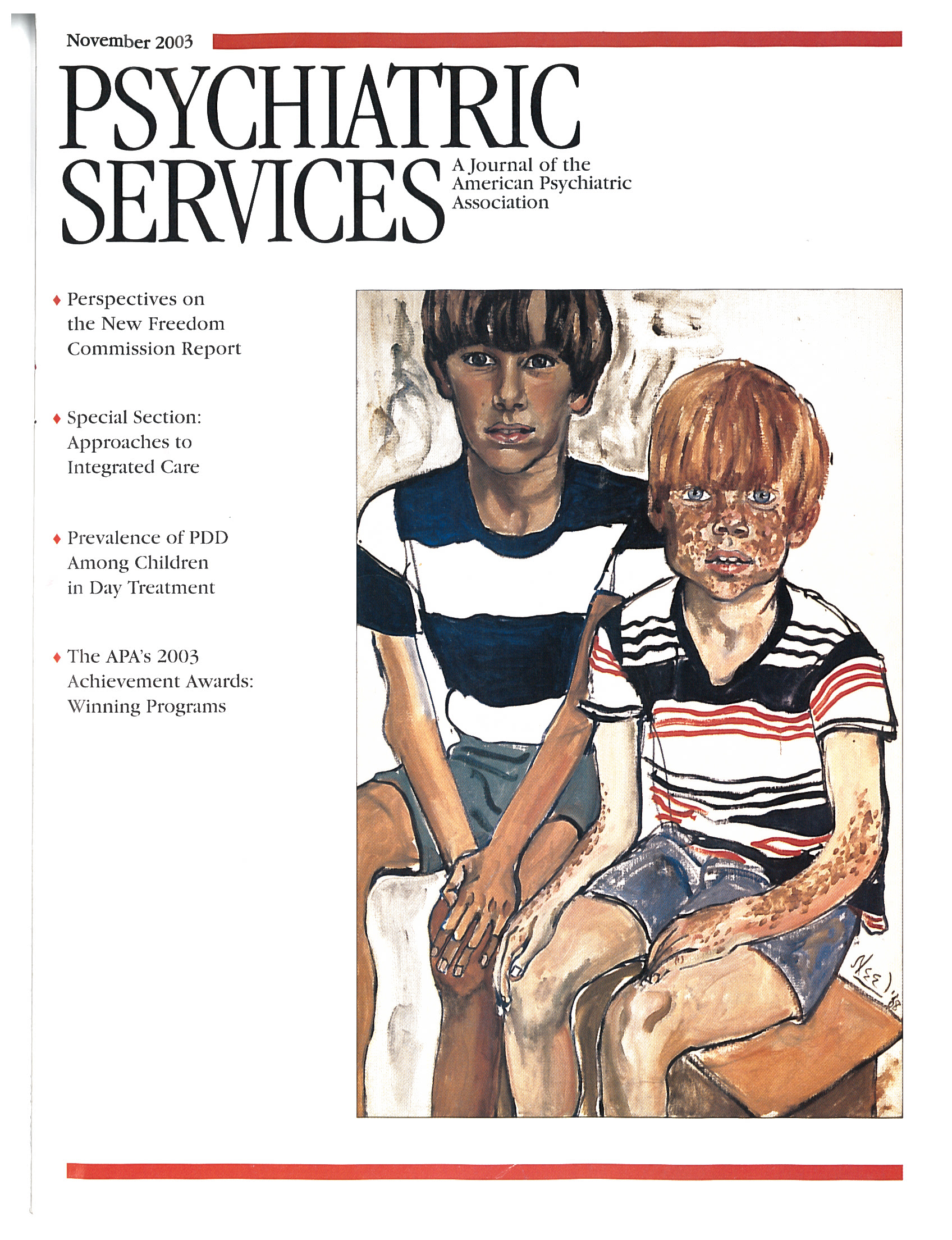Latino/Hispanic Liaisons and Visions for Human Behavior in the Social Environment
This book is a compilation of articles simultaneously published in the Journal of Human Behavior in the Social Environment. The editors and almost all the chapter authors are scholars and well-established faculty in several social work schools across the United States and in Peurto Rico. Their disciplines and related experiences are reflected in their contributions to Latino/Hispanic Liaisons and Visions for Human Behavior in the Social Environment.
The objective of the book's editors, José B. Torres, Ph.D., M.S.W., and Felix G. Rivera, Ph.D., is to offer to the field a more realistic view of the Latino or Hispanic persons who live in the United States—that is, a reflection of a series of heterogeneous groups rather than a homogeneous group that in the past has been stereotyped. However, this hope has not been fulfilled in this book. Although certain chapters depict this heterogeneity, others do not. In many ways, I welcome this duality of focus, because Latinos and Hispanics have a strong set of differences among themselves in addition to commonalities.
The other expectation expressed by the editors is the forging of a unified vision among Latino and Hispanic persons, with the hope that this unification will lead to a better way of addressing the prejudices, discrimination, and oppression that is at times prevalent in Latino and Hispanic communities in this country.
The dichotomy between these two goals of the book's editors is obvious. Furthermore, to achieve a much-needed unification, it is also imperative that we focus on what is similar and shared among Latinos and Hispanics in the United States. Nevertheless, Latino/Hispanic Liaisons and Visions for Human Behavior in the Social Environment offers a wonderful set of unique experiences focusing on what the book's title conveys: a description of different experiences, both clinical and social, within the human environment of Latino and Hispanic persons in this nation.
Unquestionably, the narratives of each of the chapters are unique and will be relevant and useful for mental health professionals who work with Latino or Hispanic communities throughout the United States. The book also has applicability in other countries, whether Hispanic countries or countries that have large populations of Latino or Hispanic immigrants. The links are migration, acculturation, socioeconomic disadvantage, psychosocial stress, human survival, and—hopefully—adaptation and self-actualization. It is within this context that Latino/Hispanic Liaisons and Visions for Human Behavior in the Social Environment offers a rich set of psychosocial and environmental experiences. From this point of view, the volume's editors and authors are uniquely qualified to address their assigned topics. Furthermore, each chapter is written in a scholarly fashion and offers an extensive set of citations.
I enjoyed reading this book very much and will certainly use its content in my supervising and teaching efforts in the areas of cross-cultural psychiatry as well as social and community psychiatry with medical students, psychiatric residents, and other mental health trainees and professionals.
Dr. Ruiz is professor and vice-chair in the department of psychiatry and behavioral sciences of the University of Texas in Houston.



